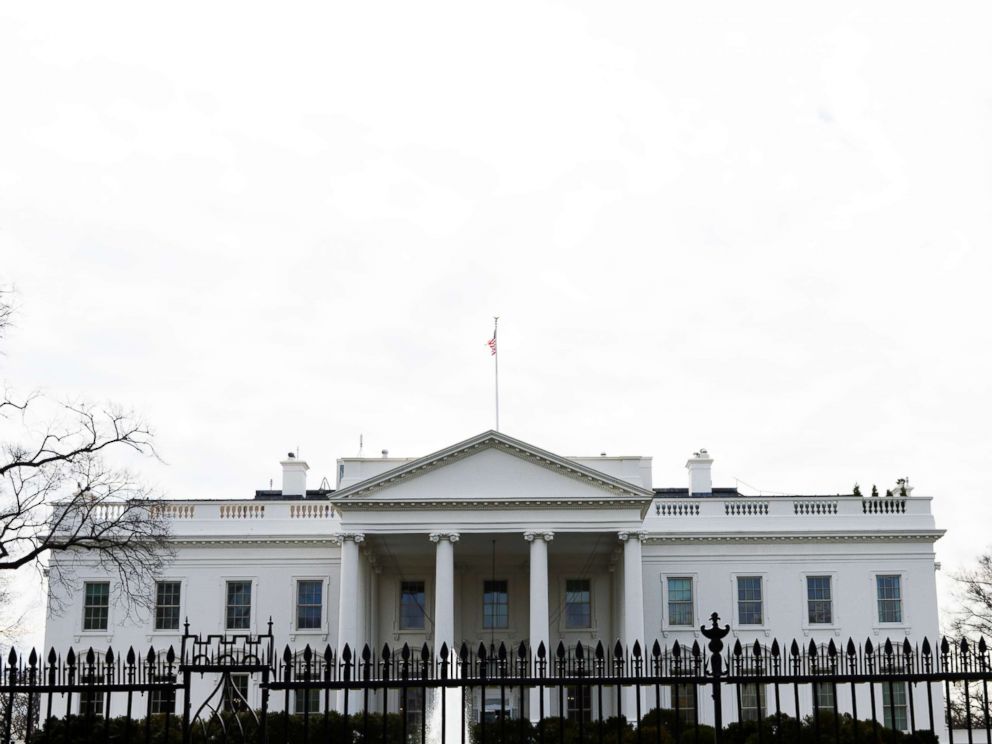Letter from deputy Attorney General Rod Rosenstein offers potential road map to special counsel Robert Mueller's probe
Sources familiar with the probe believe there are no more indictments expected.
There's no shortage of speculation on the special counsel Robert Mueller’s report, much of it totally uninformed.
But we don't need to speculate on the scope – the man who appointed Mueller has already given us a potential road map on what to expect from the special counsel.
The bottom line: Do not expect a harsh condemnation of President Donald Trump or any of his associates if they have not been charged with crimes.
The road map comes in the form a little-noticed 12-page letter written by Deputy Attorney General Rod Rosenstein last June to Senate Judiciary Chairman Chuck Grassley.

The letter was in response to Grassley's demands for more information on the special counsel investigation, offers a brief history of special counsel investigations and actually quotes former and future Attorney General William Barr who appointed three special counsels during his time as attorney general under President George H.W. Bush.
In the letter, Rosenstein makes it clear he believes the Department of Justice will not – and cannot without violating long-standing Department of Justice policy – include disparaging or incriminating information about anybody who has not been charged with a crime.
"Punishing wrongdoers through judicial proceedings is only one part of the Department's mission," Rosenstein wrote. "We also have a duty to prevent the disclosure of information that would unfairly tarnish people who are not charged with crimes."
Sources familiar with the investigation believe there are no more indictments coming from the special counsel. If Mueller follows the guidance of the man who appointed him and supervised his investigation, he cannot publicly disparage those who have not been charged with a crime.
Rosenstein is emphatic on this point: "In fact, disclosing uncharged allegations against American citizens without a law-enforcement need is considered to be a violation of a prosecutor's trust."
Later in the letter, he makes it clear this standard applies to anybody under investigation, even public officials.
"No matter who an investigation involves -- an ordinary citizen, a local or state politician, a campaign official, a foreign agent, an officer of the federal legislative, executive, or judicial branch -- agents and prosecutors are obligated to protect its confidentiality."
In the letter Rosenstein directly takes issue with the justification then-FBI Director James Comey used to publicly criticize Hillary Clinton in 2016 even as he decided not to charge her with a crime. At the time, Comey justified the break with long-time DOJ practice as an "extraordinary step" necessary because of circumstances so unusual they were comparable to a "500-year flood."
"It is important for the Department of Justice to follow established procedures, especially when the stakes are high," Rosenstein wrote.




